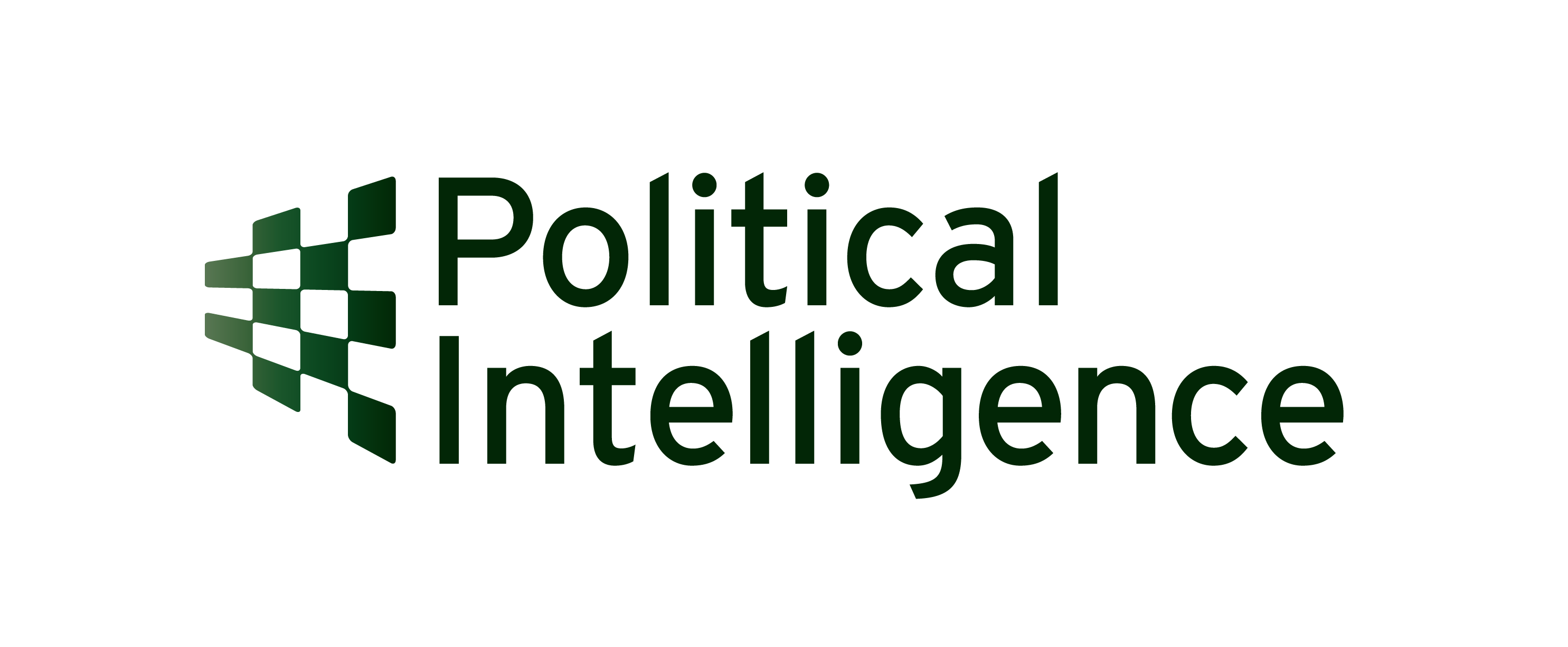When a doctor gets breast cancer

In eigen boezem - een gids bij de behandeling van borstkanker, is a special book, in which Sofie De Vuysere informs in a scientifically substantiated and clear way about breast cancer and alternates that with personal experiences how the cancer changed her life. The book is intended as a guide to the breast cancer treatment process and explains all the steps involved in a very accessible way. The chapters follow the entire process chronologically, starting with medical imaging and diagnostics, followed by several chapters on all possible aspects of treatment, and finally Sofie goes into detail about the long-term effects of therapy.
Chemobrain and other discomforts
"In that first tough year, you made many visits to the hospital, swam through many waters and put your active life on hold," she writes. "All with one goal: survival." However, the therapies don't go in the cold, both mentally and physically. Like many other breast cancer patients, Dr. De Vuysere thought she would simply be able to pick up the threads of her life after the treatment process, but that turned out to be not so easy. So in her book she discusses in detail long-term effects such as chemobrain, the mechanisms behind them and how to guard against fatigue, forgetfulness and concentration problems. There even appears to be specific training for the cognitive changes peculiar to a chemobrain. "Understanding how your brain works helps, but physical exercise is also effective in addressing cognitive changes after breast cancer therapy."
There is little medication for the joint pain that often accompanies hormone therapy, but exercise can also help here. Ditto for menopause, which either overwhelms women as a result of antihormone therapy or which sooner or later confronts them anyway, even if they do not need antihormones. Those who have had breast cancer are usually not eligible for hormone replacement therapy. What can you do? Again, exercise is promoted as an aid.
Daily walks are non-negatiable
An important part of the book, "In Person," is about the importance of movement, something that Sofie De Vuysere clearly understands herself. "Movement in the form of simple daily activities such as walking and in the form of structured supervised programs is necessary for rehabilitation after therapy," it sounds. But how do you start that if exercise was never your thing? For Sofie herself, yoga was an eye opener. "Yoga is calmer than sports, you can do it at your own pace and you calm down mentally. The emphasis is on relaxation and stretching, while strengthening your muscles." Doctor De Vuysere became a yoga teacher in addition to her work as a radiologist, specifically for (former) breast cancer patients. Many women seek complementary therapies after their breast cancer journey. Yoga is perfect for that: it improves your quality of life, your physical and mental well-being and your sleep quality. Sofie puts together her yoga classes for ex-breast cancer patients with great care. The exercises are adapted individually. The classes are relaxed: nothing must, everything is possible, no stress. The glow with which Sofie De Vuysere describes yoga in her book will undoubtedly persuade (ex-)cancer patients to exercise more. It helps to put your life back on track.
In your own bosom, a guide to breast cancer treatment. Dr. Sofie De Vuysere.
Horizon, 2024, €22.99. More info: www.horizon.be
Continue reading

After treatment: breast reconstruction

Davina Simons: A double mastectomy at 21 years old


.png)












.png)
















